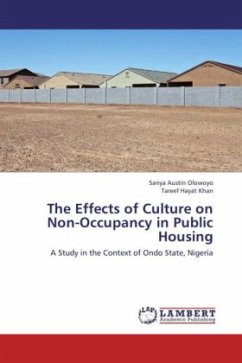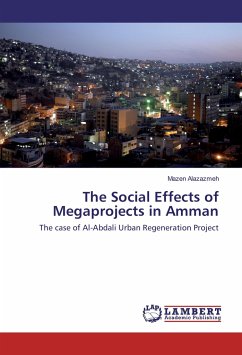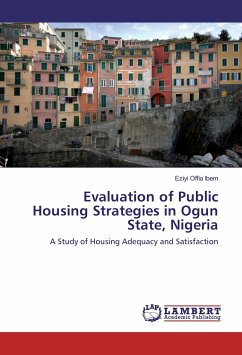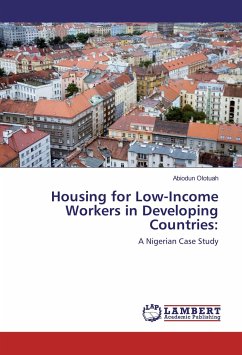Housing is ranked high among other human needs but its delivery is usually insufficient in terms of number of stocks. If a significant number of the available ones are not occupied, it might cause unwanted waste of government resources. This study aimed at identifying the reasons for such non-occupancy in public housing, in Ondo State, Nigeria, through user-satisfaction survey on cultural aspects. Hypothesizing that lack of cultural sensitivity in design and planning affects significantly on public housing non-occupancy, three public housing estates were investigated in three local governments. From literature review, eight contextually significant cultural variables were selected for investigation namely: kinship relations, relaxation, food preparation, identity, security, environment and housing management, privacy, and service provisions. Results showed that the residents were satisfied with four of them, namely, kinship relations, food preparation, environment and housing management, and service provisions but not with the others. This study insisted that careful considerations on selected context specific cultural variables are important during housing design and planning.
Bitte wählen Sie Ihr Anliegen aus.
Rechnungen
Retourenschein anfordern
Bestellstatus
Storno








